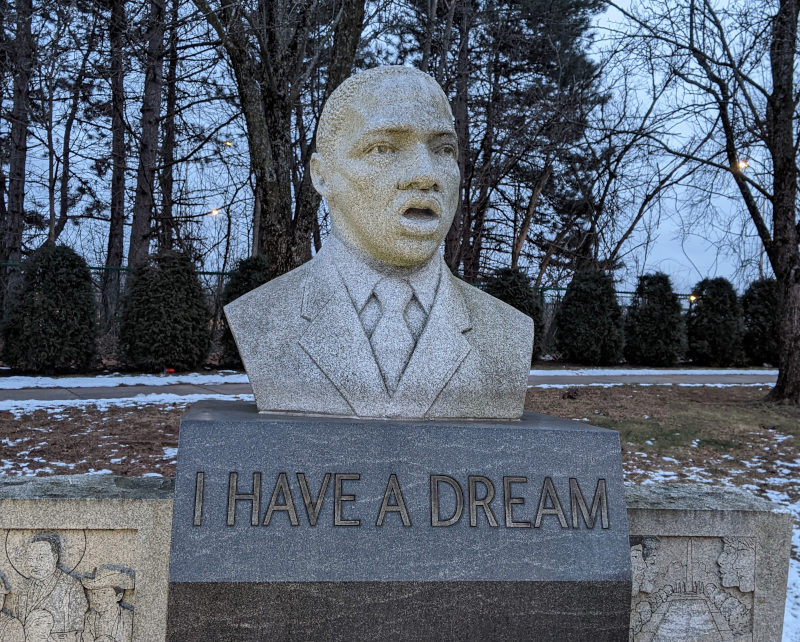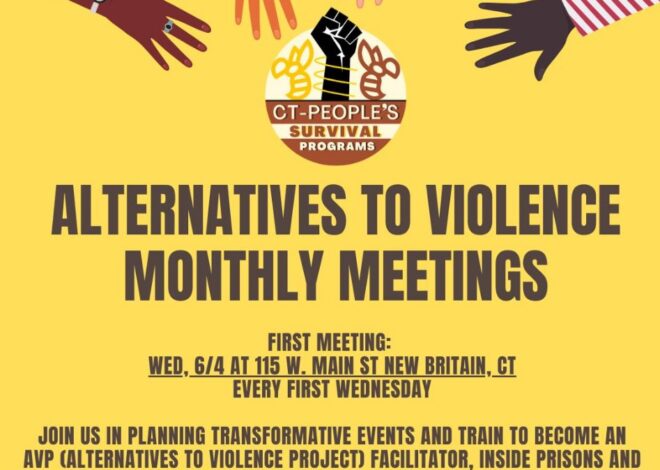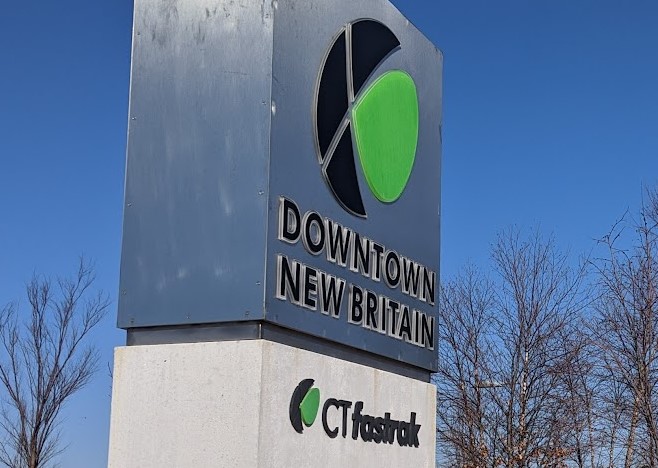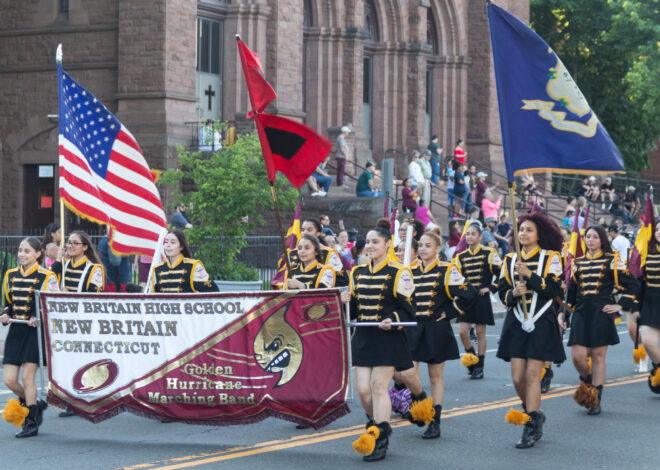Saturday Program and Wreath Laying On 54th Anniversary Of Assassination
On Saturday, April 2nd the City will observe the anniversary of the assassination of the Rev. Martin Luther King, Jr with a 10 a.m. program at Smalley Elementary School that will be followed by a wreath laying at MLK Park hosted by the Mary McLeod Bethune Club at 12 noon. Anyone of age in 1968 probably remembers where they were that year on that day as I do in this re-posting from NBpoliticus.
by John McNamara
I remember exactly where I was on April 4, 1968.
That sunny and warm Thursday, like many others in my senior year in high school, I drove to Bradlee’s Department store on the Lynnway in Lynn, Massachusetts after school to punch in for the evening shift, earning some money before entering Boston University in the fall.
News spread quickly into the evening that the Rev. Martin Luther King, Jr. was dead at the age of 39.
It didn’t take long to realize that my shift as a retail clerk would be different from all the others. The store quickly emptied out. Not a customer in sight all night. No need for Mr. Silverman, the shaken and somber store manager, to send me out on outside carriage control. The bullets in Memphis were enough to bring a normal business day to a halt in Lynn and most of the nation as big cities teetered on the brink of a violence that King sought to avoid with acts of non-violent resistance.
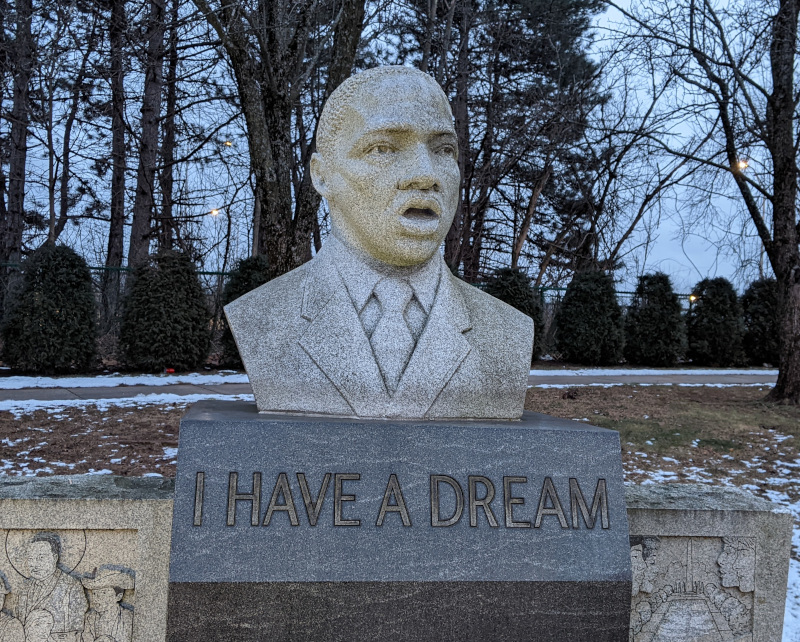
Just five short years before I had come home from junior high on a late summer day to watch King deliver his “I Have A Dream” speech – an event that would inspire so many of us to become community and political activists.
There are many good remembrances of what King said and stood for on his national holiday and at the permanent memorial in Washington every year.
But the nation could stand to be reminded again of the day King was killed and why he was in Memphis a few years after the Voting Rights and Civil Rights Acts became the law of the land.
By 1968, Rev. King was widening the concerns of his movement. In Where Do We Go From Here? King, much to the consternation of the more cautious members of his movement and the political establishment, opposed a Vietnam policy that had begun to break the nation further apart. The lunchroom sit-ins and battles over accommodations and voting rights were giving way to a broader agenda. He was planning a new march on Washington – “the Poor People’s Campaign” — when he decided to take up the cause of 1,300 Black sanitation workers in Memphis, a city of southern segregation, where the white power structure opposed the right to unionize and the Mayor vowed never to bargain in good faith in a way that would give the sanitation workers their dignity. The strike and a citywide economic boycott were a cause King knew he could not ignore.
King’s prophetic “I’ve Been to the Mountain Top” speech on the eve of the assassination is his best known from Memphis. But two weeks earlier, on March 18th, King galvanized support for strikers by saying: “So often we overlook the worth and significance of those who are not in professional jobs, or those who are not in the so-called big jobs…..One day our society will come to respect the sanitation worker if it is to survive.” Following King’s assassination, the Memphis power structure gave up its intransigence – recognizing the union, awarding pay raises and instituting merit promotions.
Fifty years later Rev. King’s work goes on and is being renewed for a new generation. Led by the Rev. William Barber of North Carolina and others a “moral direct action” campaign is mobilizing a 2018 Poor People’s Campaign for the same principles that led Rev. King to Memphis and his last days.
King’s campaign for striking AFSCME sanitation workers reaffirmed his greatness at the hour of his death and resonates today in the cause of social and economic justice. That’s why I’ll always remember 4/4/68 as a day frozen in time not to be forgotten.
Adapted and updated from an April 2007 post.Tagged with: 1968, Martin Luther King. Jr, Memphis, Poverty

